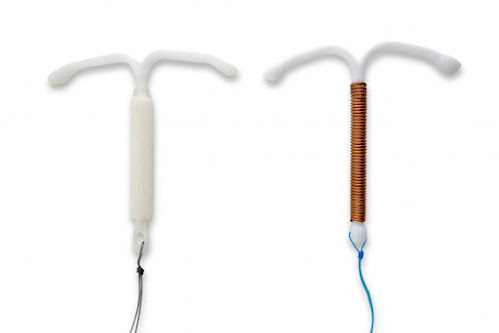When Is the Best Hair Transplant in Islamabad?
1. Stable Hair Loss Pattern
The best time to undergo a Cheap and Best Hair Transplant in Islamabad is when your hair loss pattern has stabilized. Waiting until your hair loss has progressed to a stable stage ensures that the transplanted hair will complement your existing hairline and provide long-lasting results. It's essential to consult with a qualified hair transplant specialist to assess the stability of your hair loss pattern and determine the optimal timing for your procedure.
2. Sufficient Donor Hair Supply
Before scheduling a hair transplant procedure, it's crucial to assess the availability of donor hair on your scalp. A sufficient donor hair supply is essential for achieving adequate coverage and density in the recipient area. Your surgeon will evaluate your donor hair quality and quantity during the consultation and recommend the best course of action based on your individual needs.
3. Personal Schedule and Commitments
Consider your personal schedule and commitments when planning a hair transplant procedure. Choose a time when you can take a break from work or other obligations to focus on your recovery and ensure proper post-operative care. It's important to allocate enough time for rest and relaxation following your procedure to facilitate optimal healing and results.
4. Seasonal Considerations
Some patients prefer to undergo hair transplant procedures during specific seasons to minimize discomfort during the recovery period. Cooler months may be more comfortable for post-operative care, as you can avoid excessive heat and sun exposure. However, hair transplant procedures can be performed year-round, and the timing ultimately depends on your individual preferences and schedule.
5. Upcoming Events or Special Occasions
Plan your hair transplant procedure around upcoming events or special occasions to ensure that you have sufficient time to recover and showcase your results with confidence. Avoid scheduling procedures too close to important events to allow for adequate healing and optimal results. Discuss your timeline and scheduling preferences with your surgeon to plan accordingly.
6. Consultation and Planning
Schedule a consultation with a qualified hair transplant surgeon to discuss your goals, expectations, and timing considerations. The surgeon will assess your individual needs and recommend the best time for your hair transplant procedure based on various factors, including the stability of your hair loss pattern, the availability of donor hair, and your personal schedule.
7. Preparations and Pre-Operative Care
Follow pre-operative instructions provided by your surgeon to prepare for your hair transplant procedure. This may include lifestyle modifications, dietary guidelines, and medication adjustments to optimize your health and ensure a successful outcome. It's essential to adhere to pre-operative recommendations to minimize the risk of complications and promote optimal healing.
8. Post-Operative Recovery Period
Plan for a period of rest and recovery following your Hair Transplant in Islamabad procedure. Arrange for transportation to and from the clinic, and enlist the help of family members or friends to assist you during the initial stages of recovery. Follow post-operative care instructions diligently to promote proper healing and maximize the longevity of your results.
9. Follow-Up Appointments and Care
Attend scheduled follow-up appointments with your surgeon to monitor your progress and address any concerns during the recovery process. Follow post-operative care instructions diligently to promote proper healing and maximize the longevity of your results. Your surgeon will provide guidance on post-operative care and follow-up appointments to ensure the best possible outcome.
10. Long-Term Maintenance and Care
Commit to long-term maintenance and care of your transplanted hair to preserve its appearance and vitality. Follow a healthy lifestyle, protect your scalp from sun exposure, and adhere to recommended hair care practices to optimize the longevity of your results. Your surgeon will provide guidance on long-term maintenance and care to help you achieve and maintain optimal results.



Comments
Post a Comment